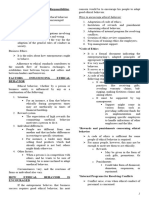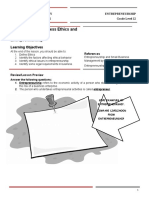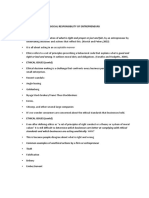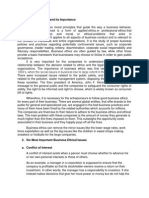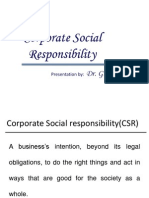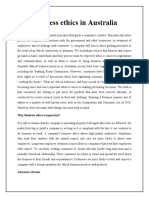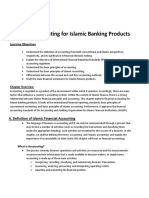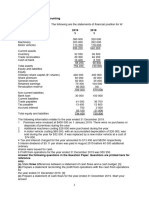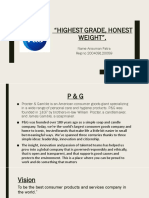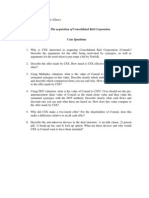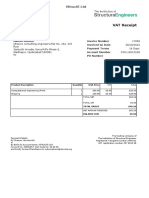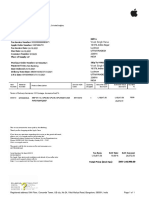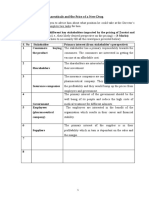0% found this document useful (0 votes)
29 views32 pagesKinds of Systems of Linear Equation in Two Variables
The document discusses the ethical and social responsibilities of entrepreneurs, highlighting the distinction between ethical and unethical behaviors in business practices. It outlines factors influencing ethical behavior, such as public opinion, interest groups, and individual morals, while emphasizing the importance of adherence to ethical standards for establishing trust and smooth business exchanges. Additionally, it addresses ethical issues entrepreneurs face in their relationships with customers, employees, business associates, and investors.
Uploaded by
EDWARDDANIEL DELOSSANTOSCopyright
© © All Rights Reserved
We take content rights seriously. If you suspect this is your content, claim it here.
Available Formats
Download as PDF, TXT or read online on Scribd
0% found this document useful (0 votes)
29 views32 pagesKinds of Systems of Linear Equation in Two Variables
The document discusses the ethical and social responsibilities of entrepreneurs, highlighting the distinction between ethical and unethical behaviors in business practices. It outlines factors influencing ethical behavior, such as public opinion, interest groups, and individual morals, while emphasizing the importance of adherence to ethical standards for establishing trust and smooth business exchanges. Additionally, it addresses ethical issues entrepreneurs face in their relationships with customers, employees, business associates, and investors.
Uploaded by
EDWARDDANIEL DELOSSANTOSCopyright
© © All Rights Reserved
We take content rights seriously. If you suspect this is your content, claim it here.
Available Formats
Download as PDF, TXT or read online on Scribd
/ 32



